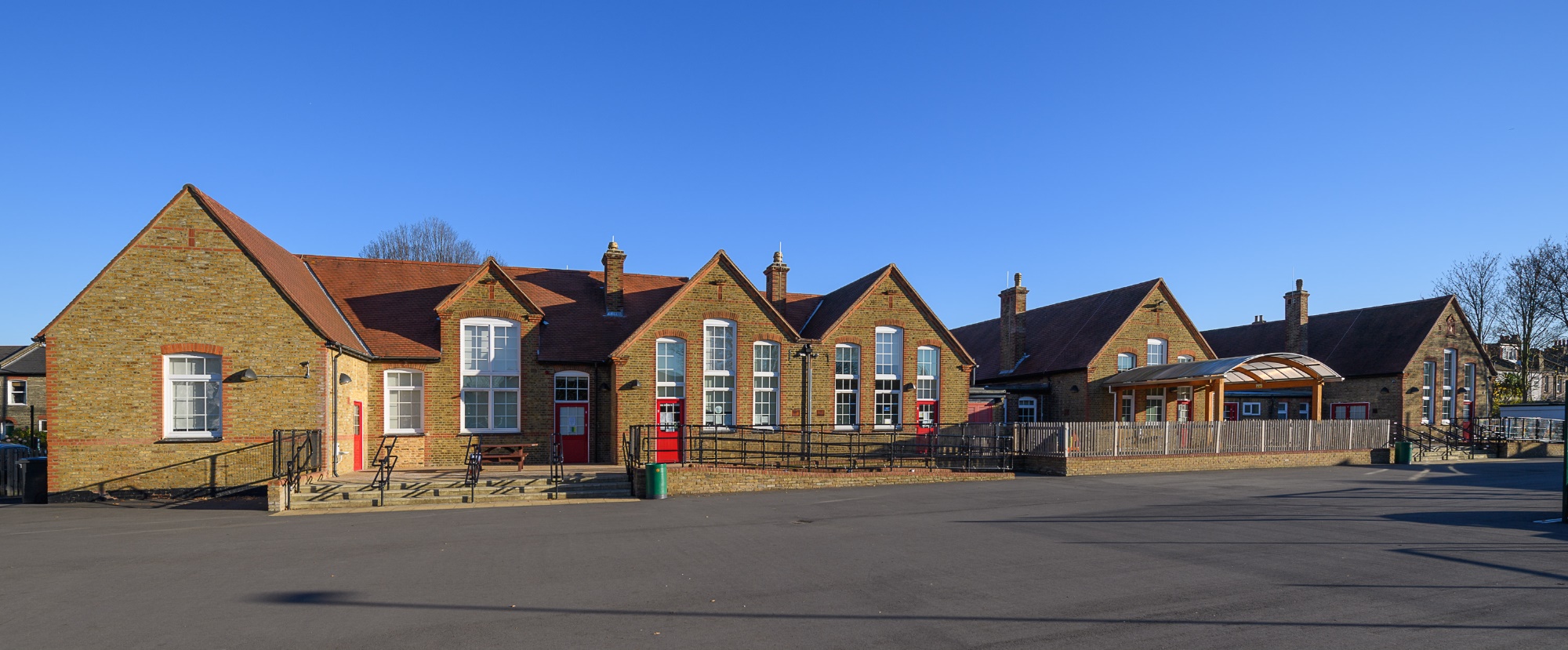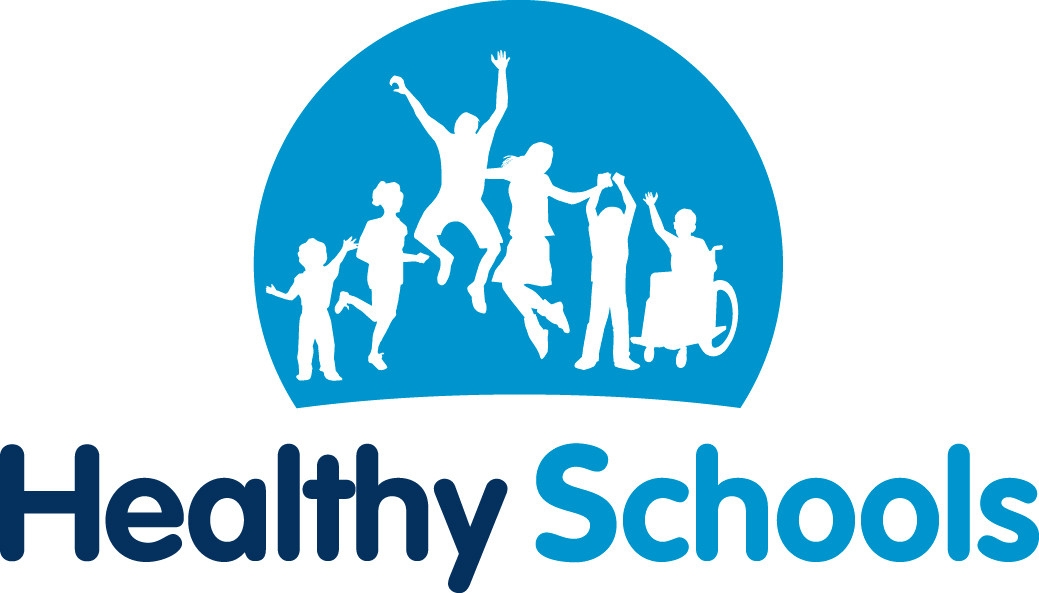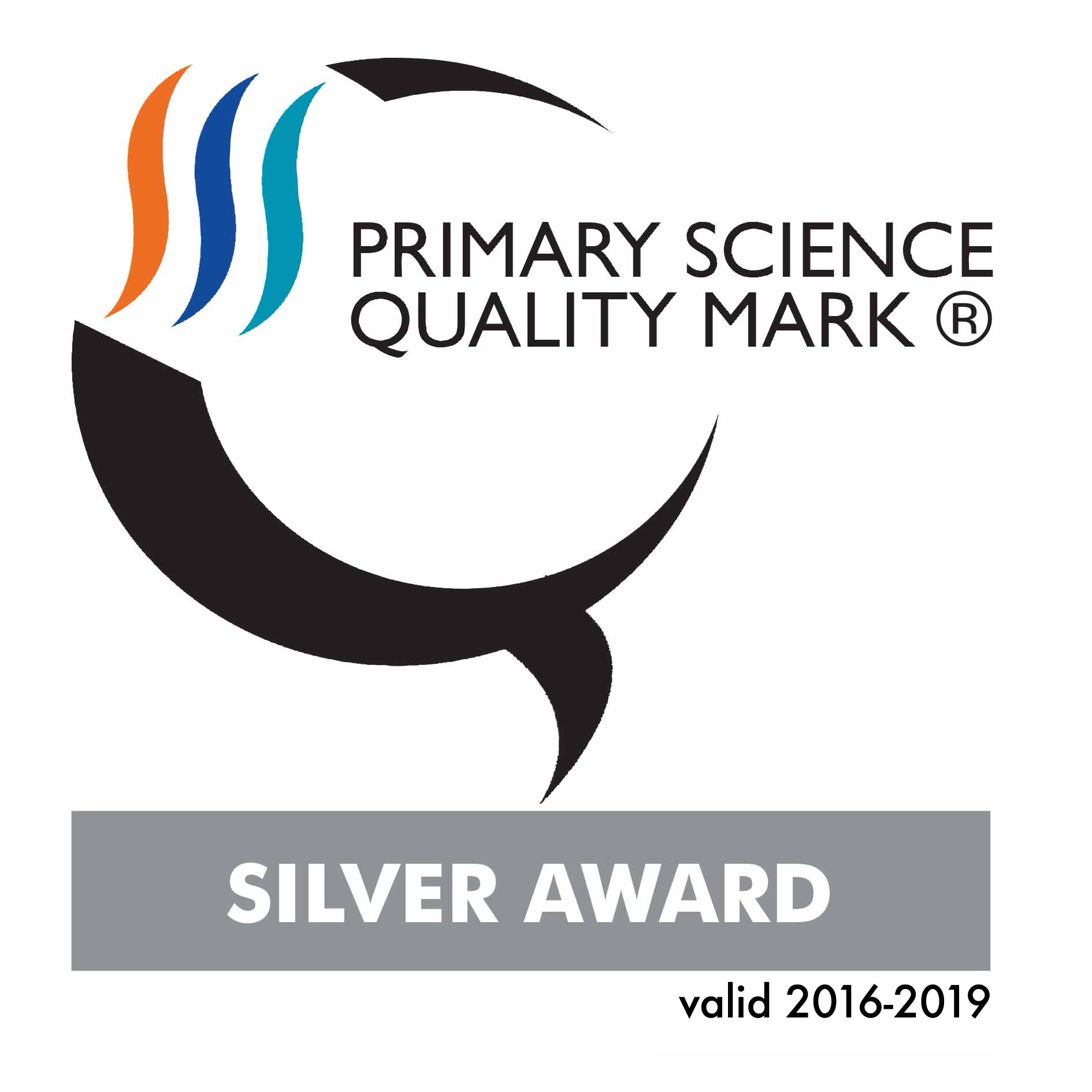Pupil Premium
The pupil premium is additional funding for publicly funded schools in England to raise the attainment of disadvantaged pupils of all abilities and to close the gaps between them and their peers.
In-line with our vision, we want every child as a child of God to be nurtured and feel included and that no matter what their starting point or background, reach their potential. The pupil premium strategy allows children from disadvantaged backgrounds to be supported and flourish by allowing them access to education and experiences, so that they have the same life chances as others.


What is pupil premium?
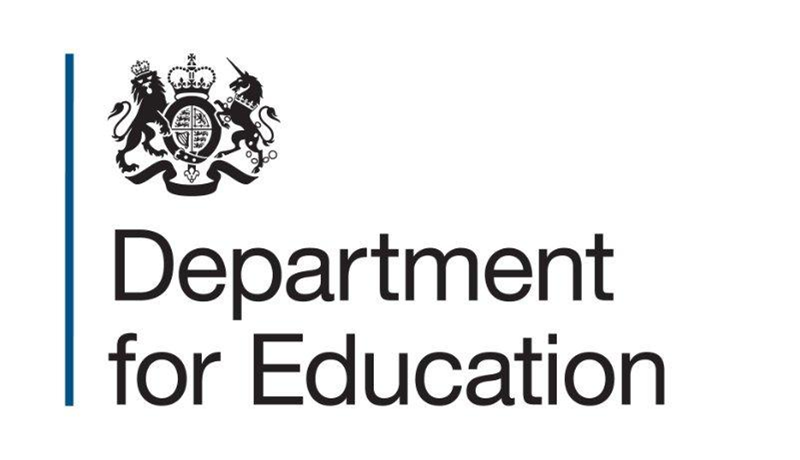 The school receives Pupil Premium funding, which is additional to the main school budget. The Pupil Premium funding (currently £1,320 per eligible child, per year) is allocated to pupils who are either currently eligible for free school meals or who have been eligible in the last 6 years, known as ‘Ever 6’. Pupil Premium for Children Looked After (CLA) as defined in the Children Act 1989 as one who is in the care of, or provided with accommodation by, an English Local Authority is £1,900 per eligible child, per year.
The school receives Pupil Premium funding, which is additional to the main school budget. The Pupil Premium funding (currently £1,320 per eligible child, per year) is allocated to pupils who are either currently eligible for free school meals or who have been eligible in the last 6 years, known as ‘Ever 6’. Pupil Premium for Children Looked After (CLA) as defined in the Children Act 1989 as one who is in the care of, or provided with accommodation by, an English Local Authority is £1,900 per eligible child, per year.
What is it used for?
Pupil Premium funding is intended to address the historic underachievement of children from poorer backgrounds in this country. By giving schools additional money when they have families from poorer backgrounds, the Government is seeking to ‘close the gap’ in achievement, meaning that any student from any background should be able to achieve at a high level. The money is intended to support schools to ensure this happens for students in their care.
Pupil Premium funding at All Saints’ is spent on a range of support and additional focus groups which ensures that every child succeeds (see the pupil premium strategy below).
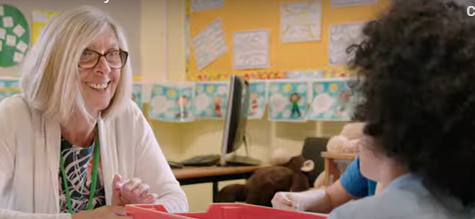
How is the impact monitored?
Assessment procedures at All Saints’ are robust and we are relentless in monitoring and evaluating the progress of all children. This is done in our ‘pupil progress’ meetings each term, where we identify any child who is not on track or has not made adequate progress, and then put in place targeted support for them. Children eligible for Pupil Premium funding are identified through this process and support mapped on to the range of resources the school has to offer.
What are the main barriers to educational achievement faced by eligible pupils of the school?
We always seek to understand every child and their family as individuals and understand that generalisations are not always helpful. However, some common challenges for eligible pupils include:
- Lack of a language rich environment, resulting in lower attainment on entry
- A narrower physical sphere or experience; they may have had less opportunity to travel outside of the immediate area or to access a wide range of opportunities and experiences
- They may have had less access to books, toys and other resources which support early learning and development
- Many of our families experience housing challenges and this can have very significant negative impact on them, including tiredness, personal hygiene, hunger, fear and anxiety
- Some children experience a poor diet
- Some children experience the effects of substance misuse or domestic violence
- Some children have parents in prison
These challenges mean that we support the pupils in 4 areas:
- Focus on academic support
- Focus on social, emotional and behaviour
- Focus on enrichment and widening opportunity
- Focus on attendance


Is your child entitled to free School Meals?
Is your child still entitled to Free School Meals? Free school meals may be provided for your children if you are receiving any of the following benefits:
- income support
- income-based job seeker's allowance
- income-related employment and support allowance
- the guarantee element of state pension credit
- support under part 6 of the Immigration and Asylum Act 1999
- child tax credit (but not working tax credit) and have an annual income of less than £16,190
- working tax credit run-on – paid for four weeks after you stop qualifying for working tax credit
- universal credit
If you think you may be entitled to Free School meals apply online at Merton's website. It is important to apply for each of your children.
Department for Education-Articles and advice for children and young people.




